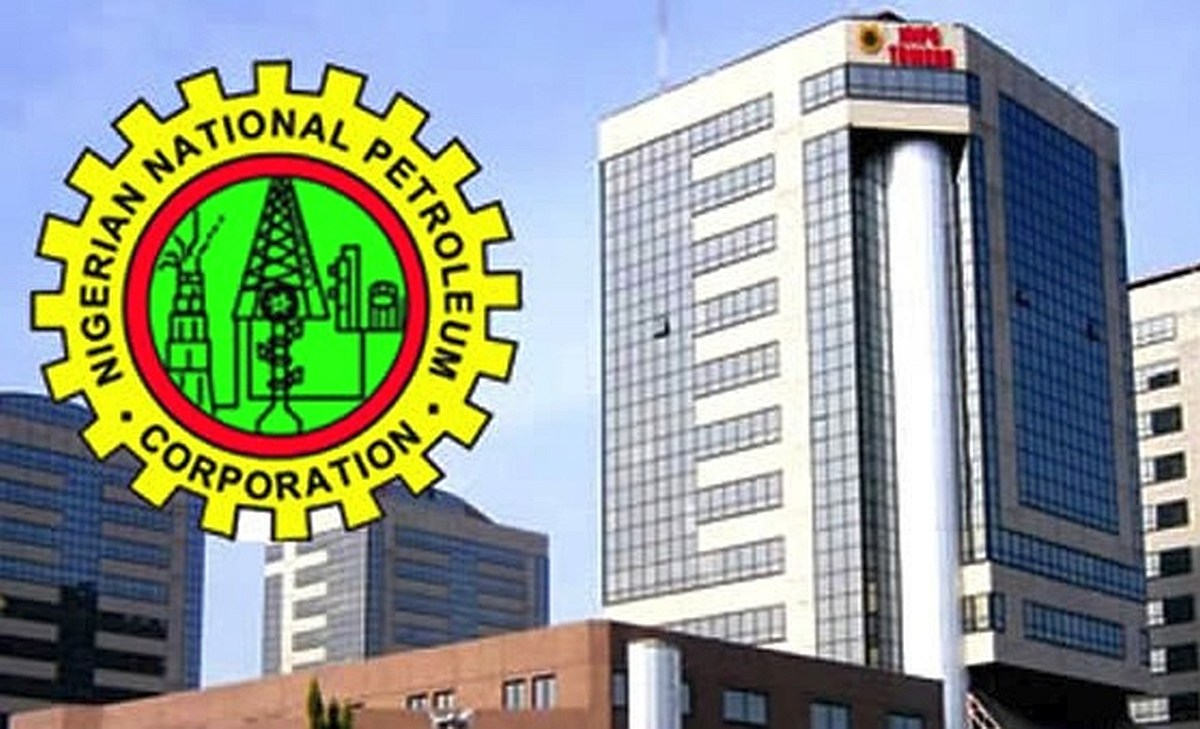
President Muhammadu Buhari has signed an executive order aimed at boosting the domestic production of goods and creating jobs in science, technology and engineering in the west African country. Buhari, a 75-year-old former military ruler, has frequently spoken about ending the OPEC member’s dependence on oil exports while also creating jobs by boosting local food production. Months after Buhari came to power in May 2015, the central bank restricted access to foreign currency to import certain goods in a bid to stimulate local manufacturing.
He said the order related to the planning and execution of projects related to science, engineering and technology, as well as national security. “I have repeatedly emphasised my vision for a Nigeria that produces what it consumes. To attain that vision, it is vital that local companies get preference in planning, designing and executing Sci, Tech & Eng. projects,” Buhari said on his official Twitter feed.
The president “ordered that all ‘procuring authorities shall give preference to Nigerian companies and firms in the award of contracts, in line with the Public Procurement Act 2007’,” the presidency said in a statement. The executive order also prohibits the ministry of interior from giving visas to foreign workers whose skills are readily available in Nigeria, the statement said. Around four out of every 10 people in Nigeria’s workforce were unemployed or underemployed by the end of September, according to data released by the statistics office in December.
The order states that consideration will only be given to a foreign professional “where it is certified by the appropriate authority that such expertise is not available in Nigeria”. Nigeria, which has Africa’s largest population and biggest economy, fell into a recession in 2016 largely caused by low oil prices and militant attacks on energy facilities in the Niger Delta region. It emerged from recession in the second quarter of 2017, largely on higher oil prices.

